Locally Crafted Makes for a Better Octoberfest
/
My last post explored the origins of Oktoberfestbiers and Märzens and talked about the origins of the famous festival that begins this week in Germany. I finished with a quick roundup of some of the brilliant Oktoberfest beers that are available in the U.S., and in many ways I think that should have been the point of that post -- American craft brewers’ ability to take traditional styles and create beer that bests the brewers of the beer’s country of origin. In other words, I propose that American brewers are brewing better traditional Oktoberfest/Märzen beers than many brewers in Germany.
Looking at the list of officially recognized Oktoberfest/Märzen, the ones served at the Munich festival tents, only one remains independent (Augustiner-Bräu). The rest are part of global conglomerates or holding companies, ABInBev or Paulaner, and are produced like all other macro beers in the world. Thinking about it this way, Spaten and Lowenbrau, et al., while they may taste a bit better, are no different than Becks, Heineken, or dare I say Budweiser. I can hear the screams of "Reinheitsgebot" as I type this and I'd remind you that Vorläufiges Biergesetz of 1993 and E.U. law has superseded Reinheitsgebot and term has become primarily a marketing gimmick for exported beers. Ultimately a macro is a macro and the beer the conglomerates produce is brewed for profit not taste.
Even if one wants to believe that brewer’s remain independent to the conglomerates that own them, and the boardroom that manages them, the bottles that are ultimately imported to the U.S. are going to suffer from age and bad handling and will never be the same as drinking these brands from the keg at the source. So unless you’re heading to Bavaria or enjoy drinking poorly handled industrial beer, the clear option are American craft-brewed beers in German styles.
The American versions don’t have the tradition of their German counterparts (though I’d argue when it comes to beer brewed today tradition is mostly marketing anyway), nor do they have historical breweries (but most of the German macros aren’t brewed in historic breweries either most aren't even brewed in Germany). What they do have, because the U.S. lacks a specific brewing tradition, is the freedom to brew what they want. This is a freedom that doesn’t extend to most macros or foreign brewers where tradition and consumer expectation demand certain styles of beer. Can anyone imagine a Warsteiner DIPA, a Spaten brown or an Erdinger pale ale? But American craft brewers aren’t bound to traditional or regional styles and so they can imagine browns, pale ales, IPAs, hefeweizens, wits, Belgians, really any matter or style of beer. And that creative freedom has birthed some fantastic beer (and admittedly some not so fantastic) like many of the Oktoberfest beers served across the country this time of year. I’d put Great Lakes’ “Oktoberfest,” Avery’s “The Kaiser,” Three Floyds’ “Munster Fest,” Firestone Walker’s “Oaktoberfest,” or Bell’s “Octoberfest” against the likes of Spaten, Lowenbrau or any of the German macros’ Oktoberfestbiers, confident that these American versions would more than hold their own. Most of these American craft beers, released within the last few weeks, are fresher, and I would argue that they are more creative and interesting offering a maltier depth and hop character that the German macros just can’t match or that tradition won't allow.
I know there are many maverick brewers in the emerging craft beer scene in Germany making equally inventive and delicious Oktoberfest/Märzens, but I’m not in Germany and likely neither are most of you. Though if anyone wants to fly me to Munich and prove me wrong, I’ll accept the challenge and the airline tickets. Seriously, if you’re going to sit down and enjoy an Oktoberfest beer, rather than spending a premium on a German macro spend your money locally and support American craft brewers and find a new October favorite.
